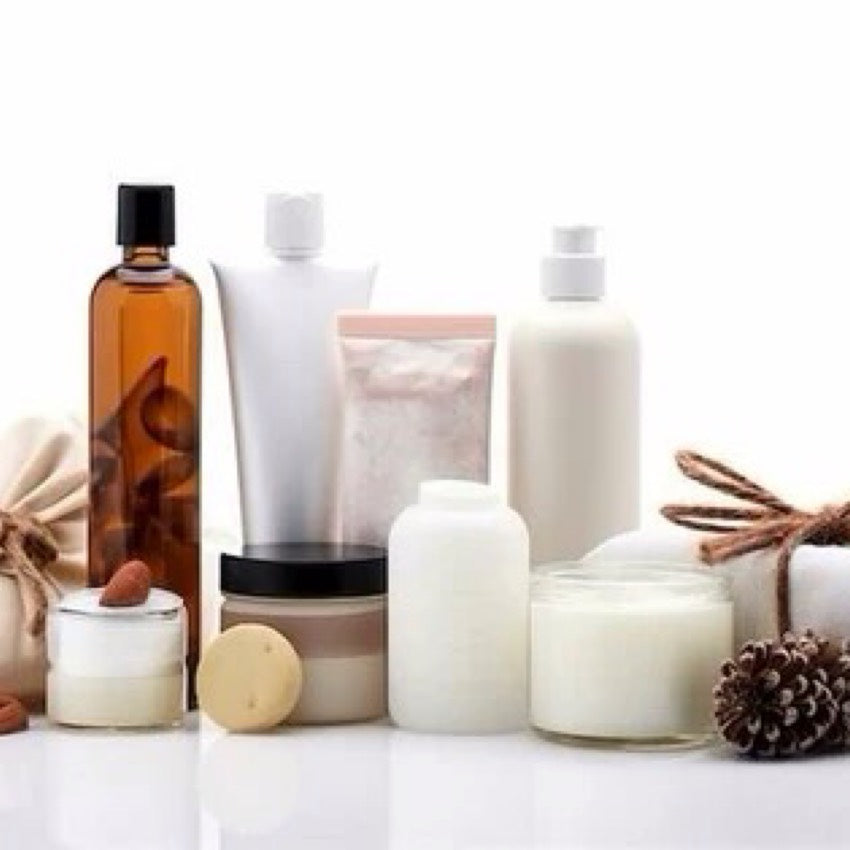MOCRA: HOW BRANDS CAN NAVIGATE FDA UNCERTAINTY POST-2024 ELECTION

With the potential for regulatory uncertainty in the U.S. following the 2024 presidential election, brands and manufacturers can take proactive measures to stay compliant with the Modernization of Cosmetics Regulation Act (MoCRA) and Good Manufacturing Practices (GMP), ensuring preparedness regardless of changes in the FDA enforcement. Here's what they can do:
1. Continue Implementing MoCRA Compliance
MoCRA became law in December 2022 and introduced new requirements for cosmetics companies, including:
- Mandatory facility registration: Ensure facilities are registered with the FDA and up to date by December 2023 deadlines (or within the first registration renewal window).
- Product listings: Provide the FDA with an updated list of product formulations.
- Adverse event reporting: Maintain a robust process for tracking and reporting adverse events to the FDA within the mandatory 15-day timeframe.
Why it matters: Even with potential political shifts, FDA enforcement mechanisms are unlikely to be dismantled immediately, so it's critical to remain ahead of the compliance curve.
2. Strengthen GMP Practices
MoCRA mandates that cosmetics manufacturers follow Good Manufacturing Practices (GMPs). The FDA plans to finalize GMP guidelines by the end of 2025, but brands can:
- Implement standardized protocols for cleanliness, product safety, and quality assurance.
- Use ISO 22716:2007 (Cosmetics GMP) as a reference until the FDA releases its specific guidance.
- Train employees on best practices and update internal auditing processes to identify compliance gaps.
Why it matters: Even if the FDA’s approach to GMP enforcement changes, adhering to internationally recognized GMP standards will safeguard product quality and global marketability.
3. Prepare for Possible Litigation Risks
If FDA oversight weakens, private lawsuits could fill the gap, especially under false advertising or product safety claims. To mitigate legal risks:
- Ensure labeling accuracy, including ingredient disclosures and product claims.
- Conduct regular safety assessments for ingredients and finished products.
- Keep detailed batch records for traceability and quality control.
Why it matters: The consumer protection movement and state-level regulations (e.g., California’s stringent cosmetic laws) are likely to remain strong, regardless of federal regulatory shifts.
4. Monitor State-Level Regulations
States like California, New York, and Washington often enforce stricter cosmetic laws than the federal government. Brands should:
- Stay updated on state-level legislation that may expand or diverge from MoCRA requirements.
- Develop a compliance strategy that aligns with the most stringent jurisdiction to ensure nationwide compliance.
Why it matters: States often act as regulatory "backstops" when federal oversight wanes, so brands cannot solely rely on federal regulations.
5. Proactively Audit Ingredient Safety
Since ingredient bans and restrictions are more common internationally, manufacturers should:
- Review ingredients against EU, Canadian, and other international standards to ensure compliance globally.
- Transition away from potentially controversial ingredients to stay competitive in both domestic and global markets.
Why it matters: MoCRA does not currently ban specific ingredients like EU regulations, but proactive safety measures can future-proof brands from regulatory changes or shifts in consumer expectations.
6. Maintain Transparent Communication
Build consumer trust through:
- Clear and honest product labeling, emphasizing safety and compliance.
- Open communication about efforts to align with MoCRA and GMP, even amid uncertainty.
Why it matters: Transparency builds consumer loyalty and positions brands as ethical leaders in the industry, mitigating reputational risks.
7. Engage Legal and Regulatory Experts
Regularly consult with legal advisors and compliance experts to:
- Anticipate changes in federal enforcement policies.
- Adapt strategies quickly to meet new or evolving requirements.
Why it matters: Early awareness and adaptation can prevent costly disruptions to manufacturing and distribution.
By focusing on proactive compliance, safety, and transparency, brands and manufacturers can navigate uncertainties while ensuring product quality and consumer trust.
Conclusion
The uncertain future of the FDA following the 2024 presidential election underscores the importance of proactive measures for brands and manufacturers. By fully adhering to MoCRA and GMP requirements, maintaining ingredient transparency, and aligning with global standards, companies can mitigate potential risks while safeguarding consumer trust. Regardless of regulatory shifts, focusing on quality assurance, state-level compliance, and proactive legal strategies ensures both short-term readiness and long-term resilience. Taking these steps not only future-proofs businesses but also reinforces their commitment to producing safe, reliable, and high-quality products in a competitive marketplace.
STEPS FOR BEAUTY BRANDS TO MEET MoCRA 23/24 DEADLINES

